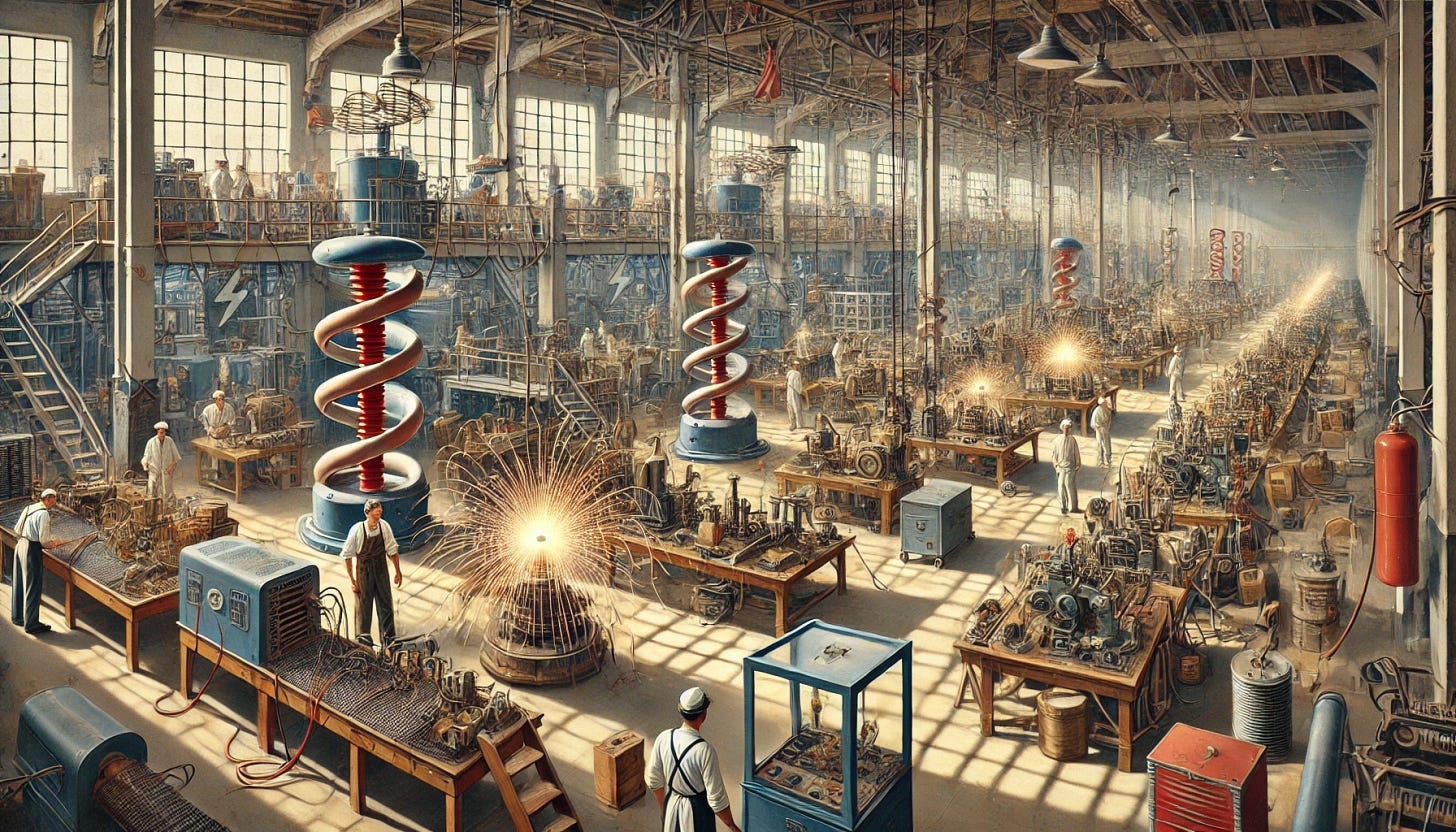Distributed Manufacturing
We are what we build
The economy of today is built upon the notion that prosperity is achieved through the worldwide exchange of goods. This has certainly been true for at least the past five centuries. However, this assumption increasingly reflects a state of affairs which no longer exists. For the first time in human history, it is more feasible to transport ideas than physical products. The reasons for this are varied. As the world order we have come to trust becomes increasingly uncertain, the international transport of commercial wares has been rendered more difficult. At the same time, the transmission of information has become astonishingly easy. It is now possible to access the internet directly from satellites, without the need for cables.
It is almost certain that the supply chains we have become accustomed to will continue to deteriorate. Therefore, it will be necessary to break free from dependency on trade. However, with advances in additive manufacturing, the distribution of manufacturing infrastructure will become far more feasible. Advances in automation lead to fewer workers needed at each site, allowing the placement of manufacturing facilities across remote regions. The need to transport raw materials to sites of manufacturing will continue to exist, and what infrastructure that remains must still serve this purpose. Hence, those nations blessed with abundances of such resources should be well placed to take advantage of this future. Whatever form of transportation does exist will have to operate in an environment of decaying infrastructure. In an absence of high quality roads and railways, aerial transport may become preferable. These changes might allow like-minded individuals to form parallel societies even if separated by large distances.
These parallel societies will need goods according to their own code and charter, unlike the interchangeable individuals which characterize modern monoculture. We have already discussed why they will need unique forms of architecture. It is also essential that each parallel society takes care of its own manufacturing. Since a society is largely defined by its methods of communication, it is essential that each parallel society manufacture its own. Many cultures today have been greatly weakened, since their means of communication are controlled by technology conglomerates. Upon using a smartphone or tablet, one is shaped by the interests of the corporations which created it. Hence a parallel society must manufacture its own computers, cell phones, and other electronics in order to preserve its identity. In the absence of decent infrastructure, it is logical for each society to manufacture its own form of transportation as well. For societies which do not rely on powered transportation such as the Amish, this has to a large extent already occurred. However, for most societies, it will be greatly advantageous to manufacture small aerial vehicles. In time each society might begin to specialize in certain products, and a form of trade might arise.
This trade however, is more likely to be in ideas rather than goods. If computer networks rely on open source systems such as Linux, this should become possible. How well you fare in the age that we are swiftly entering depends on your locus of control. If you are part of an independent society you participate in and contribute to, you are well positioned to reap the blessings of automation. The same can not be said of those who place their trust in the decaying monoculture. If anything can be learned from the past century, it is that centralization has slowly become the enemy of innovation. It is therefore inconceivable that the Heroic Age of Invention will be created in corporate boardrooms.
.


